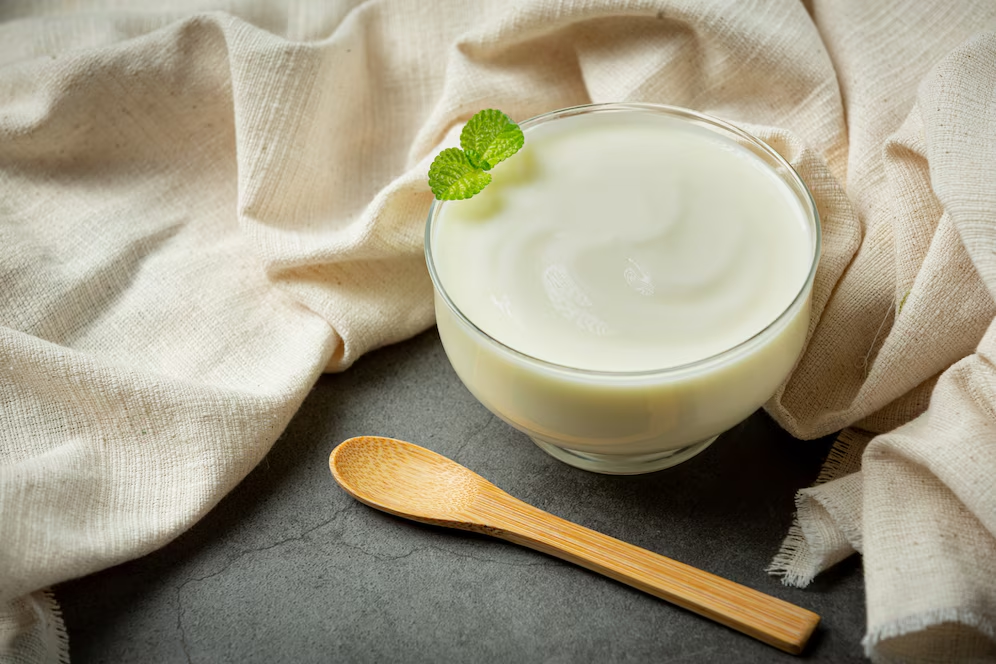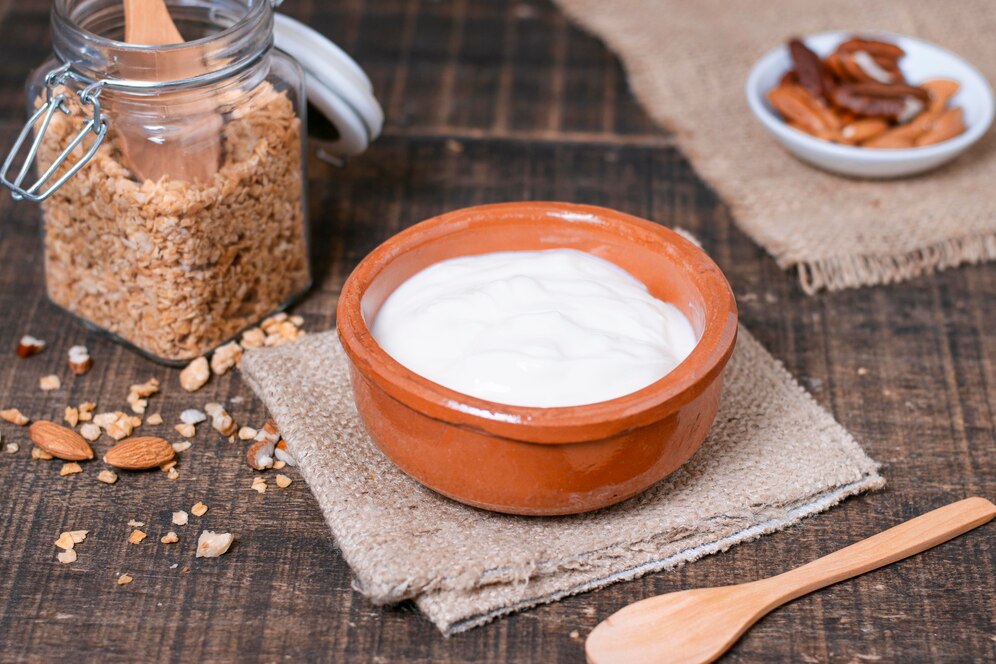Curd is a nutrient-rich food that provides many benefits to our health. Curd is rich in calories, protein, fat, carbohydrates, sugars, calcium, phosphorus, riboflavin, vitamin B12 and potassium. Regular consumption of curd can be extremely beneficial for health, but it should be consumed in balanced quantities and in the right manner. There can be some benefits of eating curd such as,

Consuming curd can improve digestion, strengthen the immune system, strengthen bones and teeth, aid in weight loss, better for heart health and beneficial for the skin. However, it is important to consume curd in the right quantity and at the right time. Eating curd during monsoon can be a matter of concern for some people, especially based on Indian traditions and Ayurvedic beliefs. Consumption of curd in monsoon can be safe if it is eaten properly and in balanced quantities. However, if you experience any kind of discomfort, it is best to consult your doctor.
Right time to eat curd
Eating curd is recommended in Ayurveda. It is said that curd should be consumed in the morning or in the afternoon. Curd should not be eaten at night. At the same time, the consumption of curd in monsoon is prohibited in Ayurveda. There is also an Ayurvedic reason for this. It is said that there are some side effects of eating curd in the rain.
Reasons and disadvantages of not eating curd in monsoon
The month of Sawan comes in the middle of monsoon. According to Ayurveda, the doshas of the body become unbalanced in this month. Vata increases and bile accumulates. Many types of stomach related problems can occur in monsoon. Curd may be good for digestion, but consuming curd in Sawan can close the pores of the body and many types of physical problems can increase.
Curd is considered cold and heavy and eating it during monsoon can increase Kapha dosha, which can cause problems like cold, cough, and sore throat. The humidity and temperature in the atmosphere during monsoon can lead to the growth of bacteria and other pathogenic microbes, which can also affect curd if it is not stored properly.

Precautions
Consume fresh and properly stored curd during monsoon to reduce the risk of infection.
Avoid eating excessive amounts of curd, especially at night, as it can cause digestive problems.
If you experience any discomfort or allergy after eating curd, stop consuming it and consult your doctor.
(PC: Freepik)










